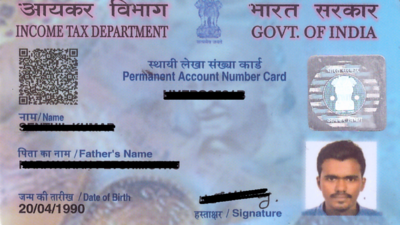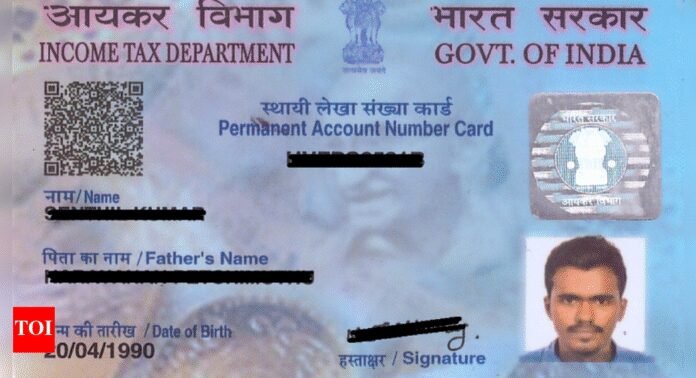Watch Out for e-PAN Card Scams: Key Alert from Income Tax Department
Got an Email to Download Your e-PAN Card? It Might Be a Scam!

Did you get an email asking you to download your e-PAN card? Be cautious. The Press Information Bureau’s Fact Check team says these messages are fake.
The alert, posted on social media, shows a phishing email titled “Download e-PAN Card Online: A step-by-step guide”. This fake message comes from an unknown address. It aims to trick you into clicking harmful links.
What Should You Do?
Don’t reply to any emails, links, calls, or texts asking for your financial or personal info. This includes:
- Bank details
- PIN numbers
- Passwords
Income Tax Department’s Statement
The Income Tax Department has stated clearly that they:
- Never ask for personal details through email.
- Never request PINs, passwords, or credit card info via messages.
- Warn users to be careful of emails leading to fake IT department sites.
Stay Safe with These Tips
Phishing emails often pretend to be from trusted sources. They may have links or attachments that can harm your computer. To stay safe:
- Don’t reply to suspicious emails.
- Don’t open attachments from unknown senders.
- Avoid clicking on suspicious links or copying them into your browser.
- Keep your anti-virus, anti-spyware, and firewall software up to date.
Reporting Fake Emails or Websites
If you think an email or website is fake:
- Forward it to webmanager@incometax.gov.in.
- Send a copy to incident@cert-in.org.in.
- Include the full message or its Internet headers to help find the sender.
- Delete the email after reporting it.
What is Phishing?
Phishing is a scam. It involves stealing sensitive info like usernames, passwords, and credit card details. Criminals pretend to be trusted sources in digital messages.
These fake messages are usually sent via email or instant messaging. They often lead users to fake websites that look real. The goal is to trick you into entering private information.



